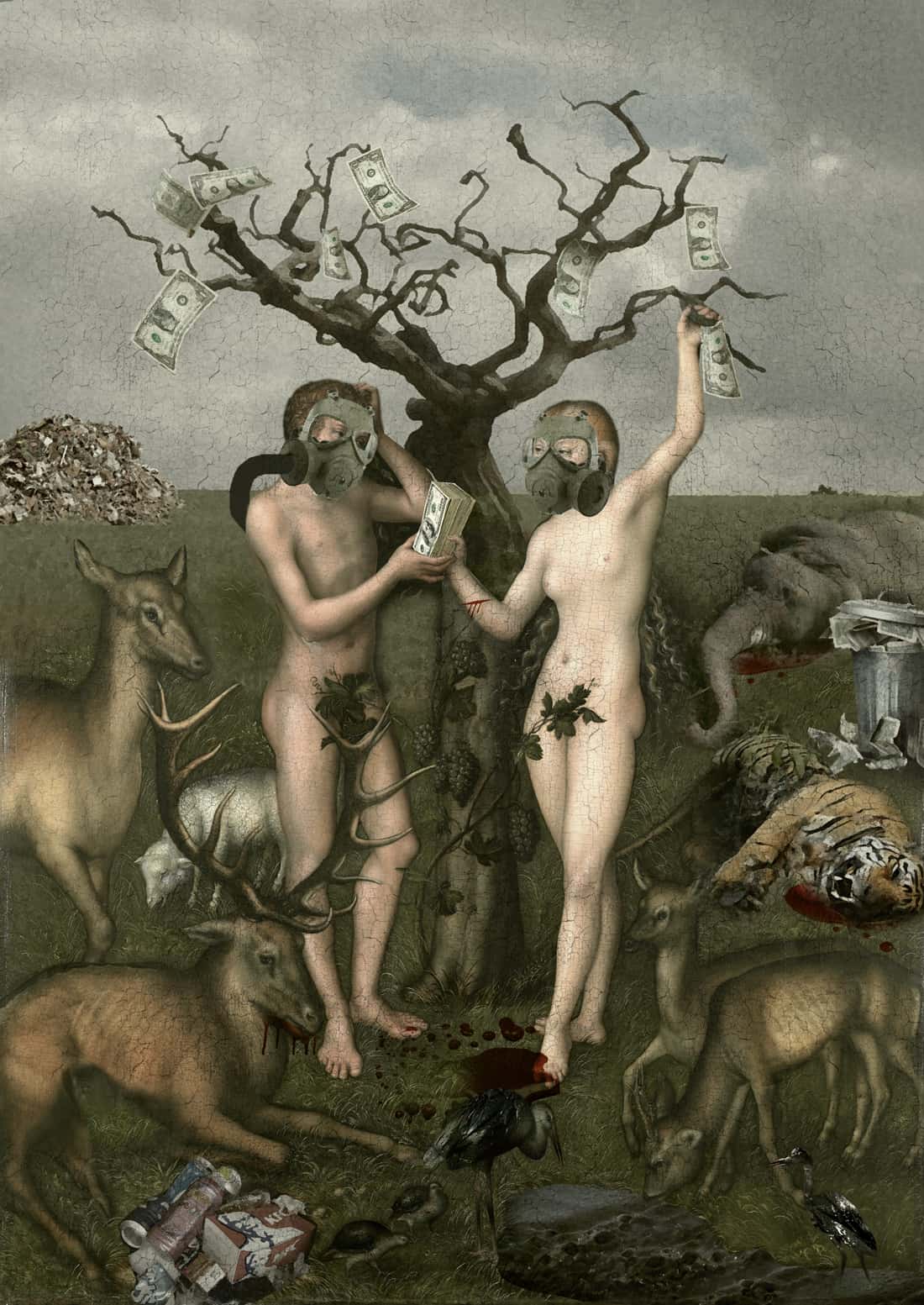Roughly a month after Pope Francis made his appeal for the global community to “urgently” take action to address climate change and other environmental damage, Costa Rica’s Catholic Church is looking to take a stronger stance nationally on the environment.
The Episcopal Conference, the governing body of the Catholic Church in Costa Rica, hosted an event Thursday morning to discuss the pope’s guiding document — called an encyclical — for the faithful on climate change and ecological health. The event’s timing came just days before large protests are expected in Nicoya, Guanacaste, over the government’s management of drought there as well as intense flooding in the Caribbean in late June.
Monsignor Óscar Fernández, president of the Episcopal Conference and bishop of Puntarenas, told The Tico Times that he foresaw a more activist role for the church on environmental policy.
“It’s necessary to talk with politicians and political parties about their social responsibility to be informed about a subject that is so important for the human species.”
Fernández said that a meeting was scheduled in August to discuss specifics for how the encyclical would be integrated into Catholic teachings here.
Political analyst Constantino Urcuyo, who spoke at Thursday’s event, agreed that there is an important role for the Catholic Church to play in current environmental debates.
“I think he [the pope] has great moral authority to speak about this and other subjects,” Urcuyo said after the event, noting that the encyclical brought a new voice to the debate that could attract more support for environmental causes.
Costa Rica enjoys a favorable international image as a “green” country but Dr. Rodrigo Gámez of the National Biodiversity Institute (INBio) said there is room for improvement. Despite Costa Rica’s famous protected areas, which cover more than 26 percent of its territory, Gámez said the country doesn’t manage its natural resources well, especially in regards to fresh water and its consumption of fossil fuels, particularly for transportation.
President Luis Guillermo Solís has been in the province of Guanacaste this week where many of his visits have focused on resolving water shortages, as tourist developments, cattle ranching, agriculture and locals contend for scarce water resources in the parched province. Saturday morning, a protest march has been called to draw attention to the perceived mismanagement of the crisis.
Panelists brought up a passage from the encyclical in which Pope Francis calls water a “universal human right.”
Even as the quality of available water is constantly diminishing, in some places there is a growing tendency, despite its scarcity, to privatize this resource, turning it into a commodity subject to the laws of the market. Yet access to safe drinkable water is a basic and universal human right, since it is essential to human survival and, as such, is a condition for the exercise of other human rights.”
The pope’s encyclical criticized Western “throwaway” culture, including the commodification of water. Francis wrote that the Catholic Church defends the “legitimate right” to private property but that “Christian tradition has never recognized the right to private property as absolute or inviolable, and has stressed the social purpose of all forms of private property.”
Conservative critics have accused Francis of being a communist because of the encyclical’s critiques of unbridled capitalism and its focus on the poor. The pope drew ire from some politicians, including Republican presidential candidate Jeb Bush, a Catholic, by laying responsibility for climate change and environmental degradation on developed economies and global elites.
“I don’t go to mass for economic policy or for things in politics,” Bush told reporters in June when the encyclical was first released.
Urcuyo, the political analyst, said he thought the critiques were exaggerated and called the church’s social doctrine “centrist.” Urcuyo said that the pope’s recommendations focused on specific practices rather than on any ideological system of government.
Panelists agreed that despite any divisive politics interpreted in the pope’s call to protect the environment, the encyclical could have a wide-ranging impact.
“What’s interesting is that the letter is addressed to the faithful and nonbelievers alike,” said Rev. Rodolfo Murillo. “The subject of the environment, the Earth, is a common denominator that affects us all, whether we’re believers or not.”
AFP contributed to this report.






